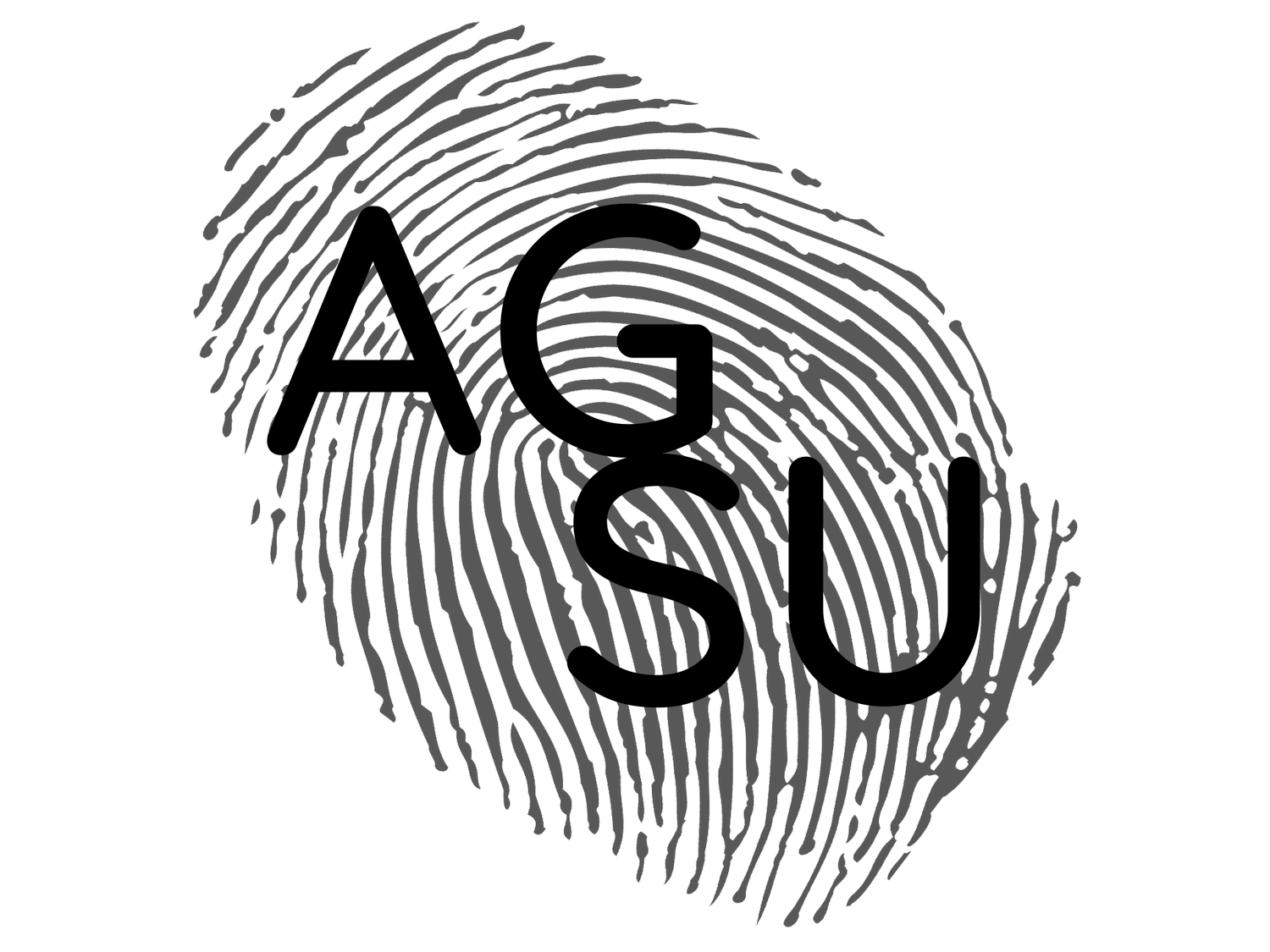Anthropology Department Room Descriptions
AGSU members enjoy exclusive access to a diverse range of workspaces, lounges and labs specifically designated for graduate students across all three U of T campuses. These areas encompass both dedicated workspaces and inviting social hubs, providing our students with conducive environments for both studying and socializing.
Grad Lounge
The graduate student lounge is a place for all anthropology graduate students to spend time. The facilities include couches, a refrigerator, coffee maker, kettle and a microwave. This is also where the graduate student mailboxes are located. Access to granted via a code that you receive once you are confirmed as a new U of T graduate student.
GRAD COMPUTER ROOM
The AGSU maintains a computer lounge for the anthropology graduate studens. The computer room is located on the third floor of the anthropology building and is only accessible via doorcode. In the lounge, AGSU members have free access to scanning and word processor computers. Currently, the AGSU has a deal with the Anthropology Department administration that AGSU members can use the admin printer on the second floor. To get an access code for this printer, please contact the department manager.
MA Workrooms
Masters’ students have access to two workrooms: one on the second and third floor. Each room is furnished with work desks, chairs, and large tables. Access to these workrooms is given to master’s students via their keyfobs. Desk space is secured on a first-come, first-serve basis.
PhD Offices
Doctoral students can request an office space at the STG campus. The AGSU Office Coordinator shares an ‘office request form’ before the start of every fall semester via the departmental listserv. Doctoral students interested in having a shared office space can request one using this form.
Ethnography Lab
The Ethnography Lab is a University of Toronto Anthropology faculty and student collaboration to promote ethnographic research methods and practice inside and outside the university.
Arranged in interest groups, the Lab explores the craft and impact of ethnography in the contemporary world. The groups include the Infrastructures research group, Disability Anthropology working group, Urban Ethnography, Visual Ethnography, and the Kensington Market Research Project.
The Lab acts as a resource centre for the university community by providing intellectual and physical space for those exploring ethnography or seeking to deepen its role in their research work. Over time, the Lab will provide knowledge, technical resources and connections to cross-disciplinary ethnographers from the university, the public and private sector, and the community. The Ethnography Lab seeks to develop contacts with interested parties from all backgrounds and institutional contexts.
In the context of the Kensington Market Research Project, the Ethnography Lab also has a special focus on promoting the teaching of practical fieldwork at the undergraduate level. Taught over the long term, the project will result in a significant collection of primary ethnographic field data which will be maintained by the Ethnography Lab and may be accessed upon request.
The Lab offers a regular speaker series and maintains this collaborative blog.
The Ethnography Lab can also be found online at:
Archaeology Centre
Archaeology combines the traditional tools of fieldwork with a wide array of scientific applications and a diversity of theoretical perspectives to explore the past. The Archaeology Centre at the University of Toronto brings together archaeologists from across the campus and the Royal Ontario Museum to share resources, create an intellectual community, and develop opportunities for collaboration and enhanced student training opportunities.
The Archaeology Centre hosts regular events. It is located on the 1st floor of the Anthropology Building (AP). Find out more at the Centre’s website.





